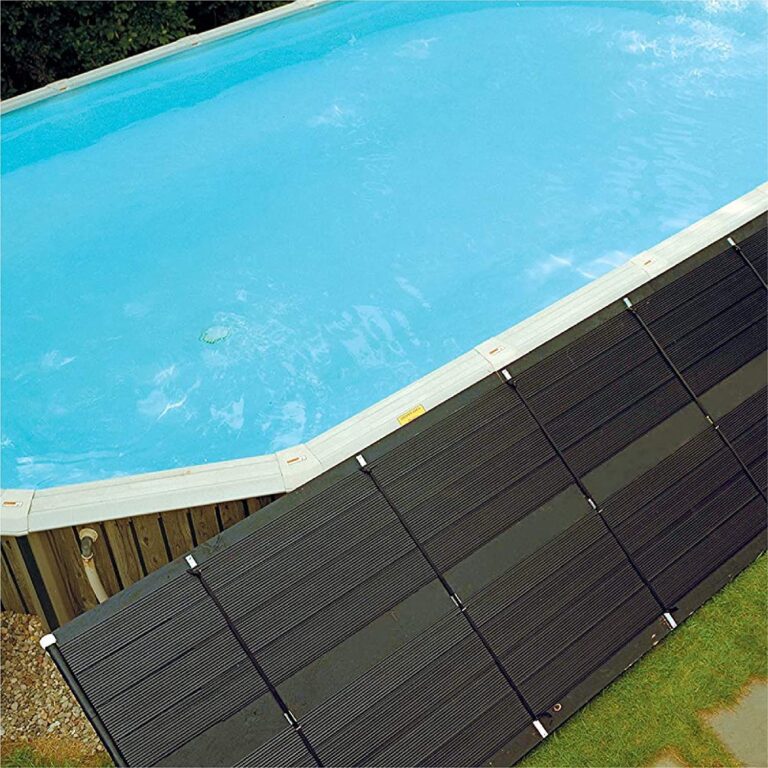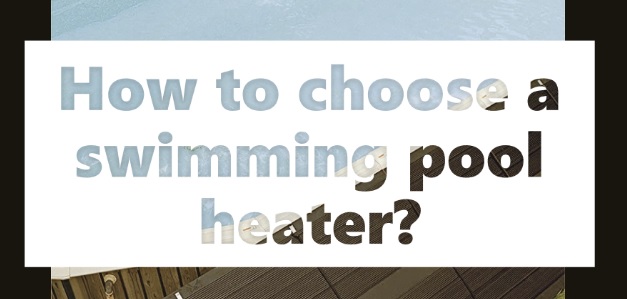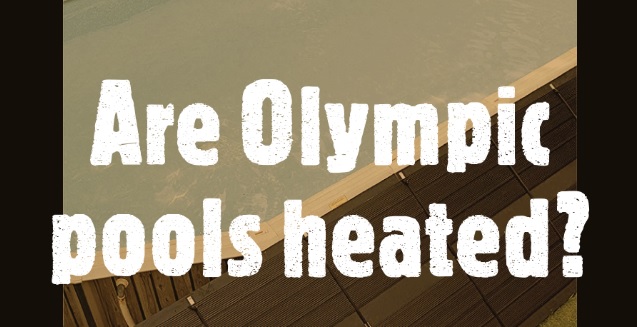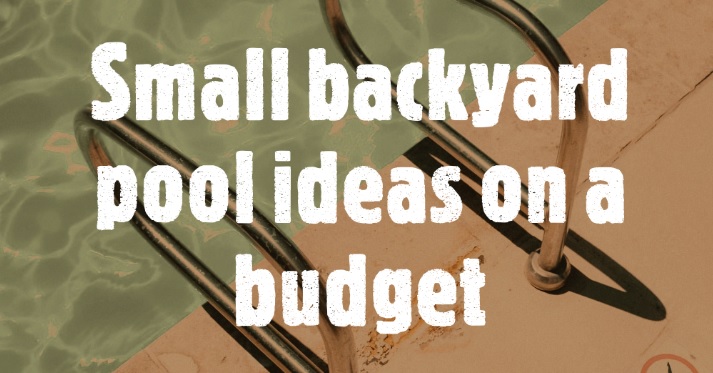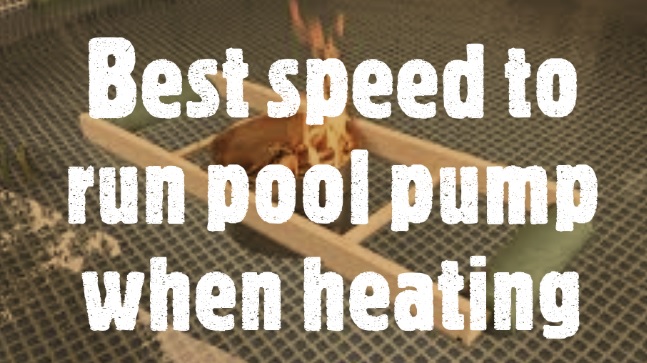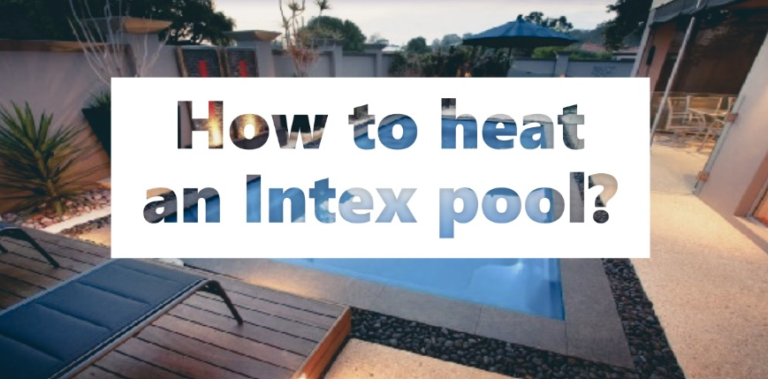Here’s What You Need To Know About Basic Pool Heaters
In recent years, the idea of owning a pool has become more and more popular. As many people now have their own pools, the pool heating industry has seen a significant increase in popularity. Unfortunately, many homeowners are faced with a complicated list of pool heating options that seem to be just too much for them to handle. Thankfully, new technology has emerged for swimming pool heaters which automatic pool heater!
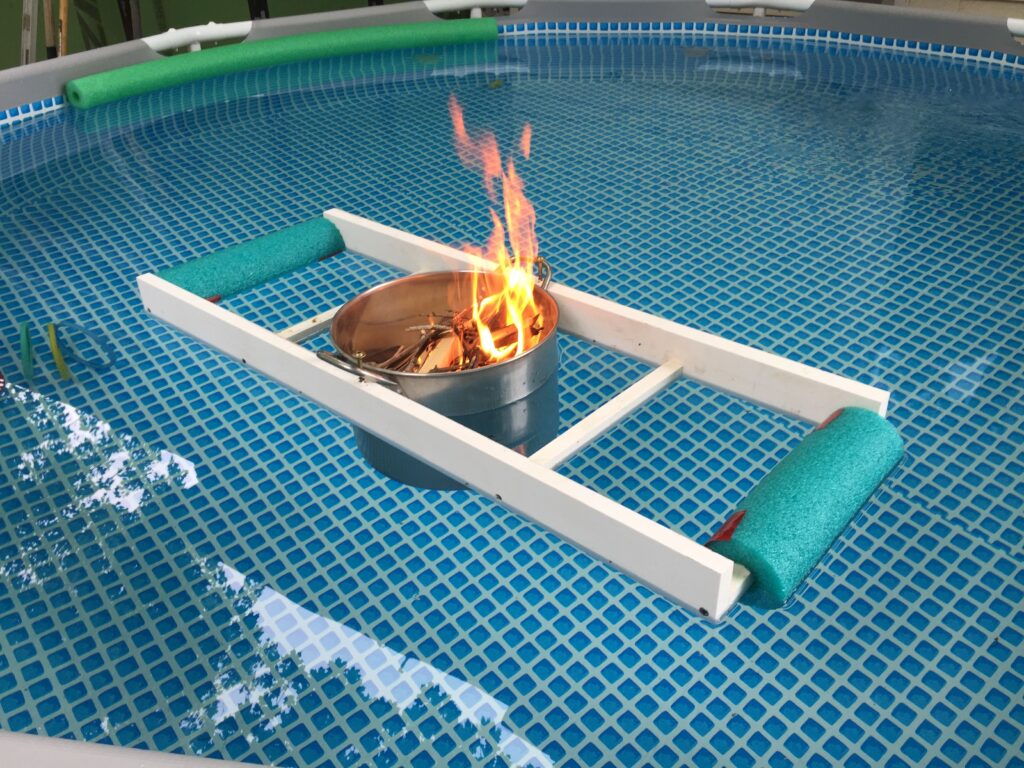
Types of Swimming Pool Heaters
There are three main types of pool heaters: electric, gas, and oil. Each has its own set of pros and cons.
Electric pool heaters:
They are the most popular type, and they are easy to use. All you need is an outlet and an electric cord. They are also the cheapest option. However, they can be noisy and they might not work in cold climates. re faster than gas pool heaters and they are not as expensive as electric pools. They have been around for a long time, but many people think that they are dangerous devices because of their appearance and their potential to emit carbon monoxide fumes when they malfunction.
Gas pool heaters:
They are more expensive than electric models but they are also more powerful. These heaters require natural gas or propane tanks, but they are easier to use than electric heaters because you don’t need an outlet. They also tend to be less noisy than electric heaters. However, gas pools can be more difficult to keep warm in colder climates because gas pools generate more heat than electric pools do.
Oil pool heaters:
They work best in warm climates because they generate the most heat. These are also the most expensive option. They require oil tanks and a pump to distribute the heated oil into the pool.
Solar Pool Heaters:
Solar pool heaters use solar panels to generate energy and convert it into heat. They are usually the most expensive type of swimming pool heater, but they are also the most environmentally friendly.
Pump-Style Pool Heaters:
Pump-style pool heaters use pressurized hot water to create heat. They are cheaper than solar pool heaters, but they don’t work well in cold weather.
How Pool Heaters Work
There are a few types of pool heating systems on the market. The one you choose will depend on a number of factors, including the size of your pool, the type of surface it’s on, and climate. Most pool heaters use standard 120 volts or 240-volt electrical wiring.
There are two types of electric pumps: surface-mounted and submersible. The surface-mounted type has a cord that runs from the heater to it, which is attached to an outlet in your home or garage. You plug it into an electrical outlet with a three-pronged plug, which does not work well if your house only has one outlet. The submersible pump is less expensive, but it has its own power supply; it doesn’t rely on the electricity in your home, which you may be cutting back on because of the economic downturn.
You will want to make sure that you select a heater with all relevant safety features. In order for your pool to heat evenly, it needs to be heated from both sides. This means that a heater with two-sided heating will provide better results than a single-sided model. You can make sure that you get the most out of your heater by looking for models with adjustable elements or temperature controls so you can customize the temperature of your pool water from day to night without worrying about draining the entire device.
Benefits and Drawbacks
Basic swimming pool heaters come in two types-electric and gas. Electric heaters are cheaper to run but require electricity to operate, while gas heaters are more expensive up front but don’t require electricity.
The biggest benefit of an electric pool heater is that it does not require any maintenance. Electric heaters consume less energy than gas heaters, so they will last longer.
Another big benefit is that they are portable. You can move them around if you need to, which is great if you have a larger pool or if you want to use the pool during inclement weather.
One downside is that they can be a bit noisy. They also tend to produce a lot of heat, so it’s important to make sure your house is able to handle the extra heat generated by an electric heater.
Gas pool heaters are generally more expensive up front, but they do not require any maintenance and they generate less heat than electric heaters. Gas pool heaters also tend to be more reliable than electric heaters.
The Right Heat Controller For Your Pool
Choosing the right pool heater is critical to ensuring your pool is heated effectively and safely. Here are five things to check in a swimming pool heater:
- Size and capacity: Pool heaters come in different sizes and capacities, so be sure to choose one that will fit your pool comfortably. Be sure to also factor in the size of any accessories, such as skimmers or pumps, that will be used with the heater.
- Efficiency: Pool heaters come in two types: direct-fired and indirect-fired. Indirect-fired heaters use infrared radiation to heat water; this type is more efficient than direct-fired heaters, which use flame.
- Control options: Some pool heaters come with built-in controllers, while others require separate controllers to be purchased (or leased). Make sure you choose a heater that has the features you need, including timer options and temperature settings for different areas of the pool.
- Safety features: Every pool should have an emergency shutoff feature and a smoke or CO detector should be installed near the pool area in case of fire. Make sure the heater you choose has these safety features as well as all of the other features listed
Incorporating a Pool Heater into the Design of your Swimming Pool
If you live in an area where the temperature regularly dips below the 50°F mark, a pool heater is a necessary fixture to your swimming pool design. Swimming Pool heaters come in a variety of shapes and sizes, so it’s important to do your research before choosing one. Here are some things to keep in mind when shopping for a pool heater:
- Size: Pool heaters come in all different sizes, so make sure you choose one that will fit into your swimming pool comfortably.
- Type: There are three main types of pool heaters: electric, gas and propane. Electric heaters are the most popular choice because they are reliable and do not produce any noise. Gas heaters are less expensive than electric heaters but may produce more noise. Propane heaters are the least popular choice because they require special equipment to operate them and they can be more expensive than either electric or gas heaters.
- Location: Pool heaters need access to electricity, so make sure you choose one that will fit into your home’s electrical wiring specifications.
- Features: Some features you may want to consider when choosing a pool heater include: how many watts it outputs, how many hours it will run on a tank of propane, how many gallons it can hold, and the power cord length.
Conclusion
Pool heaters can take on a lot of wear and tear over the years, so it’s important to know how to properly care for them. In this article, we are going to outline the main steps you need to take in order to keep your pool heater running smoothly. We hope this information will help you prevent any major repairs down the road, and that you enjoy swimming all summer long!

